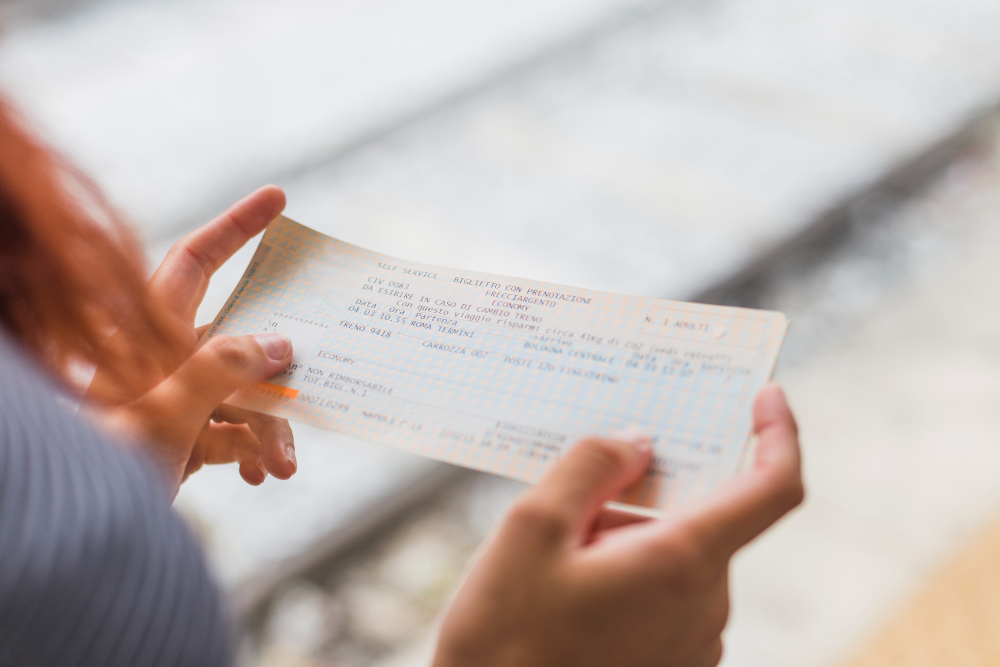Have you ever received a check that seemed too good to be true? Well, you’re not alone. In 2019, more than 27,000 people reported falling victim to fake check scams, resulting in losses exceeding a whopping $28 million. These scams may sound like easy money, but they can be incredibly harmful. This article will help you understand what fake check scams are, how they work, and most importantly, how to protect yourself from becoming their next victim.
What are Fake Check Scams?
Fake check scams are a type of fraud in which a scammer sends you a check, often for a large amount of money, and asks you to deposit it and then send them some of the money back. The check will be fake, and you will be responsible for the full amount of the check when it bounces.
Scammers use various stories to trick you. They might claim you’ve won a lottery or a prize, offer you a secret shopping gig, or promise a work-from-home opportunity. The catch is, you’ll need to send some of that extra money back to them.
Scammers play on your excitement and curiosity. They want you to believe that you’re getting a great deal or a fantastic opportunity. They use this emotional manipulation to get you to act quickly without thinking it through. That’s when the trouble starts.
Red Flags for Fake Check Scams
Recognizing a fake check scam can be simple if you know what to look for. Here are some clear signals that should set off alarm bells:
Suspicious job offers and unexpected windfalls
Be cautious if you’re offered a job that seems too good to be true or if you receive money out of the blue without a clear reason.
Overpayment requests
If you’re asked to cash a check and send some of the money back, it’s a big red flag. Legitimate transactions don’t work this way.
Urgency and pressure tactics
Scammers often push you to act fast, making you feel like you don’t have time to think. Take your time; it’s your money at stake.
Poorly designed or counterfeit checks
Inspect the check closely. Fake checks might have odd colors, misspelled words, or lack security features found on genuine checks.
Vague or untraceable contact information
If the person or company behind the check can’t be easily reached or seems sketchy, that’s cause for concern.
Being aware of these red flags can help you steer clear of fake check scams and protect your hard-earned money.
Common Types of Fake Check Scams
Fake check scams come in various disguises, each targeting unsuspecting victims in different ways. Here are some of the most common types to be aware of:
Lottery and prize scams
You might receive a check along with a letter or email claiming you’ve won a lottery or prize. To claim your winnings, they’ll ask you to deposit the check and send them a portion of it. In reality, there is no prize, and the check is fake.
Secret shopper scams
Scammers pose as legitimate companies and offer you a secret shopping assignment. They’ll send you a check to cover expenses and your fee. After you cash it, they’ll ask you to send a portion back. The check bounces, and you’re left with the losses.
Work-from-home and job scams
Fake employers offer remote jobs and send you an upfront payment via a check. They’ll ask you to purchase equipment or supplies, keeping some of the money for yourself. The check turns out to be counterfeit, and you’re on the hook for the funds.
Rental and roommate scams
When searching for apartments or roommates online, you may encounter scammers who offer attractive deals but request a deposit or first month’s rent via a check. After cashing it, they vanish, leaving you with a worthless check and no place to stay.
Understanding these common scam scenarios can help you stay vigilant and avoid falling victim to these deceitful tactics.
How to Protect Yourself from Fake Check Scams?
Falling prey to fake check scams can be financially devastating. Here are some straightforward tips to keep yourself safe:
Verify the legitimacy of the source
Be skeptical of unsolicited checks and offers that seem too good to be true. Confirm the authenticity of the check issuer by independently researching their contact information.
Be cautious of overpayments
Never agree to cash a check and send a portion back. Legitimate transactions don’t involve sending money to strangers. If someone insists on overpayment, it’s likely a scam.
Scam Call Blocker App
Install a scam call blocker app on your smartphone. These apps can help identify and block calls from known scammers and telemarketers. Be cautious if you receive unsolicited calls offering opportunities related to checks or payments, as these may be part of a scam.
Take your time and don’t rush
Scammers often use pressure tactics, urging you to act quickly. Take your time to review the situation and consult with trusted friends or family. Legitimate opportunities will still be available after careful consideration.
Familiarize yourself with the check verification process
Learn how to verify the authenticity of a check by contacting the issuing bank directly. Don’t rely solely on the information provided by the person or company sending the check.
Educate yourself and others
Stay informed about the latest scam tactics and warnings issued by consumer protection agencies.
Share your knowledge and experiences with friends and family to collectively raise awareness.
By following these tips and staying vigilant, you can reduce the risk of falling victim to fake check scams and safeguard your finances from potential losses.
You may also like
-
Best Phone Shop Bedford for All Your Repair Needs
-
Your Website and the AI Era: Why Proactive Maintenance is More Critical Than Ever
-
How MSP Proactive Maintenance Increases Profit Margins by 15-25%
-
Best Hotel Management Software in India
-
Enjoy the Best IPTV Indian Channel Experience: Watch India IPTV Channels Anytime

